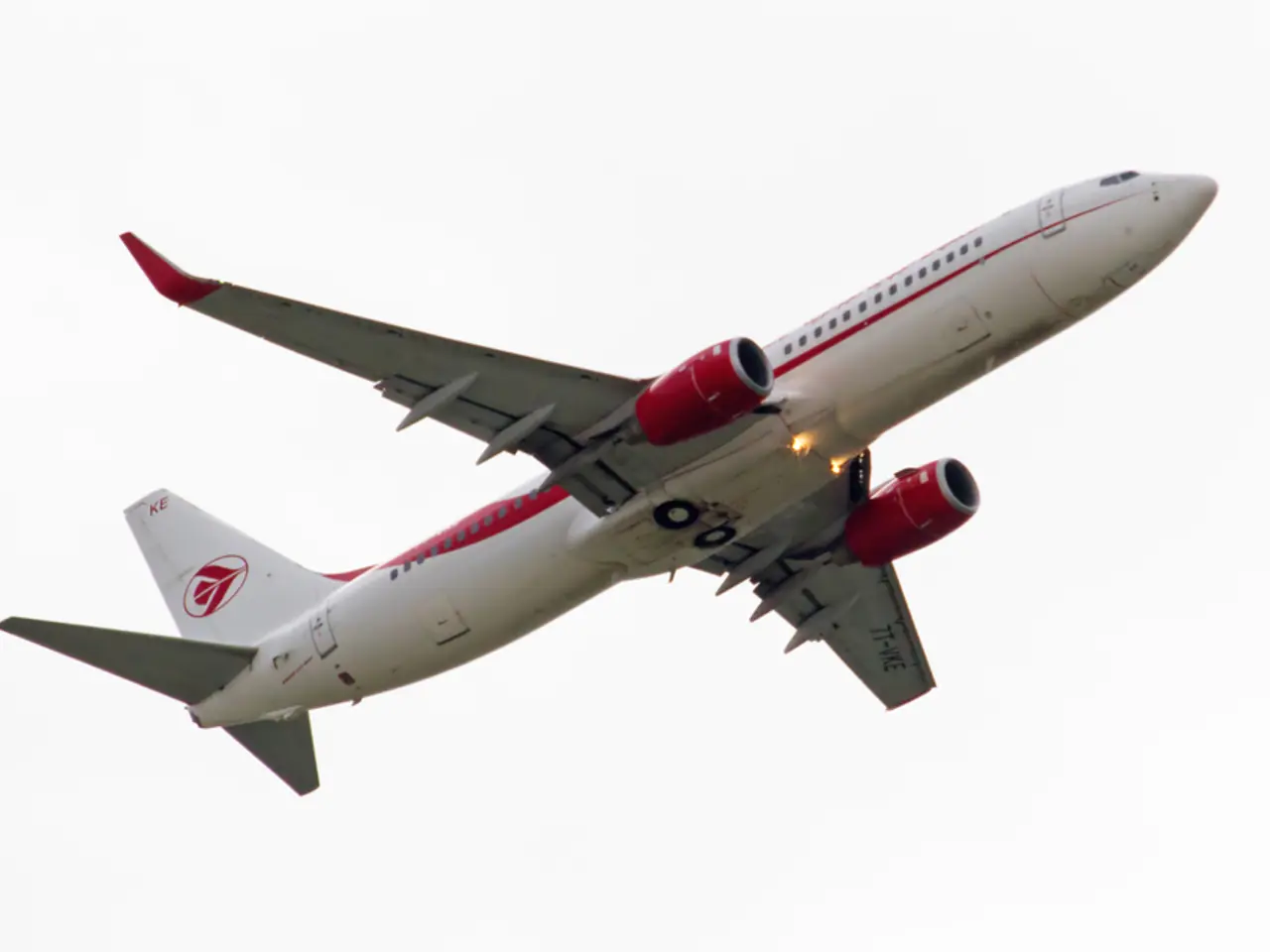Poland to Reinstate Border Controls with Germany, Effective July 7 - instituting border regulations with Germany, effective from 7 July
In a move aimed at curbing uncontrolled migration flows from Germany, Poland has announced it will introduce temporary border controls starting from July 7, 2025. This decision, made by Prime Minister Donald Tusk, comes in response to escalating domestic tensions over irregular migration, particularly related to undocumented migrants returned to Poland from Germany.
The Polish government's decision aligns with similar measures taken by Germany under Chancellor Friedrich Merz. Germany has made tougher migration controls a central part of its policy, stationing more police at the border and turning back some asylum-seekers. This move is a response to pressure from nationalist opposition parties and far-right activists in Poland who have been organizing patrols along the German border protesting the return of migrants.
Germany had already extended its own temporary border checks earlier in 2025, originally introduced following security incidents involving asylum seekers and influenced by political pressure from the anti-immigration Alternative for Germany (AfD) party. The ongoing migration management challenges within the EU are testing the balance between national security concerns and the Schengen zone's free movement principles.
The introduction of border controls by Poland has added strain to the bilateral relationship, but both governments have communicated closely to manage the situation. Chancellor Merz stated that Germany is "in very close contact" with Poland to keep the effects of border controls "as low as possible," indicating a willingness to cooperate despite the challenges.
Migration policy was a central topic in the presidential election campaign in Poland, and the election of Karol Nawrocki, a right-wing nationalist, may influence the future actions of the Polish government regarding border controls with Germany. Nawrocki, who demanded stricter controls at the border with Germany, won the presidential election, which was a severe setback for Tusk's liberal-conservative government.
The Prime Minister's government won the vote of confidence in parliament following the presidential election, and the German government has been in discussions with the Polish government about border controls. Chancellor Merz emphasized that there are no returns of asylum seekers already arrived in Germany to Poland.
This development reflects ongoing migration management challenges within the EU and the need for cooperation between member states to find a balanced approach to national security concerns and the principles of free movement within the Schengen zone.
- The ongoing migration policy debates in EC countries, such as Poland and Germany, are heavily influenced by domestic political dynamics, with nationalist opposition parties and far-right activists pushing for stricter border controls.
- The implementation of temporary border controls by both Poland and Germany is a testament to the complexities of balancing national security concerns with the principles of free movement within the Schengen zone, a challenge that requires continued cooperation between EC member states.






